Running a business as a sole trader might seem simpler than setting up a limited company, but it’s still crucial to maintain accurate business records.
With a good understanding of sole trader accounts and diligent record-keeping, you’ll be well-equipped to manage your finances efficiently and optimise your tax position.
Let’s dive into what you need to keep in order.
Record-keeping requirements for sole traders: an overview
Sole traders are required by HMRC to keep records of:
- sales and income
- business expenses
- VAT records (if you’re registered for VAT)
- PAYE records (if you have employees)
- records about personal income
- grants received through the self-employment income support scheme
You don’t need to send these records with your tax return, but you do need to keep them in case HMRC asks to see them. You’re required to keep records for at least five years after the 31 January self-assessment deadline for the relevant tax year.
You should keep evidence of the transactions, such as receipts and invoices. You might need to keep your records in a digital format if you’re included under Making Tax Digital – but even if this doesn’t apply to you, accounting software is generally the easiest way to manage this.
Record-keeping requirements in detail
Revenue and expenses
Monitoring and analysing where your money comes from and how it’s spent is not just a business fundamental – it’s the key to sustainability and growth.
When revenues come in, it’s crucial to record the specifics: who paid, how much, and for what service or product? This isn’t just about keeping an eye on cashflow – it’s about understanding which aspects of your business are the most lucrative and which might need re-evaluation.
All sole traders face business expenses, so tracking your spending and timing your purchases can make a big difference to the smooth running of your business.
Remember, you can claim allowable business expenses on your income tax return to reduce your taxable profit. Meticulously recording these expenses can help you maximise your deductions. Plus, detailed and organised records can be your best ally in the event of a tax investigation or audit.
VAT records
When your turnover surpasses the VAT threshold (currently £85,000), you’ll need to register for VAT.
In practical terms, this means that you need to charge VAT on various goods and services and file VAT returns every quarter. This can mark a major change to your sole trader accounts, so you’ll need to plan ahead if you think you’ll exceed the threshold any time soon.
In terms of record-keeping, you’ll need to maintain VAT records detailing the amount of VAT you’ve charged and any VAT your business as paid, as well as any other documentation relating to VAT.
PAYE records
As an employer, you have a responsibility to keep records when you pay your staff.
You’ll need to record what you pay employees, deductions you make, reports and payments to HMRC, taxable expenses and benefits, and more.
You need to keep these for 3 years from the end of the tax year they relate to.
Final thoughts
Sole traders might not have the same structural complexity as limited companies, but maintaining impeccable accounts is just as important.
Investing time in understanding and implementing effective record-keeping practices will reduce administrative headaches, ensure compliance, and optimise your tax position.
Contact our team for more tailored advice and dedicated support for your sole trader accounts.
We’re committed to empowering you with knowledge, ensuring your business remains both profitable and compliant.







